Prioritizing urban slums to achieve full immunization coverage
Currently one-third of India’s population is urban and by 2030, an estimated 46% will be living in cities. Over the last 15 years, Full Immunization Coverage in urban areas increased only 18 percentage points compared to 38 in rural areas (Source: NFHS 3, 4 & 5). ITSU’s urban immunization project is showing good results in coverage of urban and peri-urban pockets, slums and illegal squatter settlements in the two project states of Bihar and Uttar Pradesh.
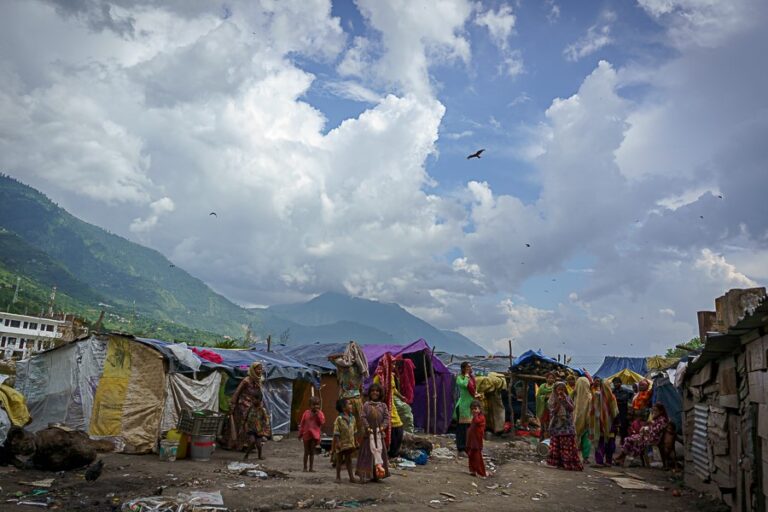
Increased urbanization is putting pressure on the health system and slowing down immunization of women and children
ITSU supports Government of India’s Immunization programme with technical guidance not only at national, state and district level but urban slums and peri-urban areas too

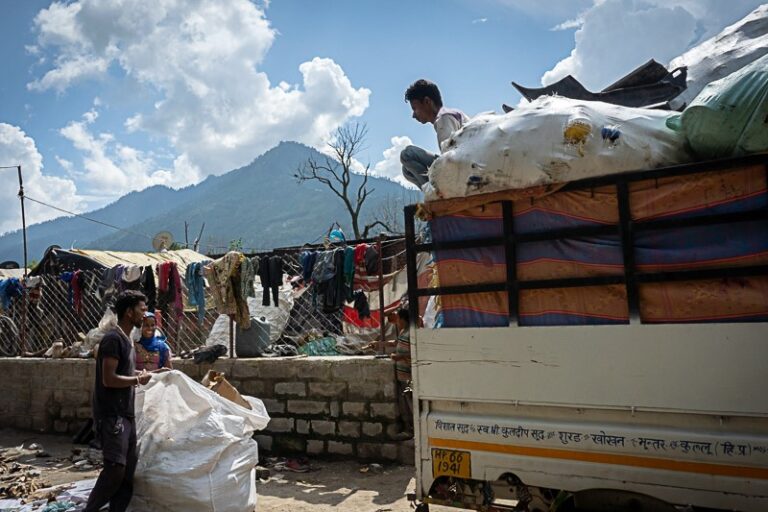
Under the ITSU managed project on “Technical assistance to improve immunization in Bihar and Uttar Pradesh” (2021–2023), supply services for immunization are being strengthened; demand generation enhanced; quality urban immunization services integrated; and newer vaccine roll-out supported
To achieve objectives of the urban immunization project, a “5-D Approach” is helping achieve high impact following a systematic process with Diagnose, Design, Deliver, Demand and Diffuse
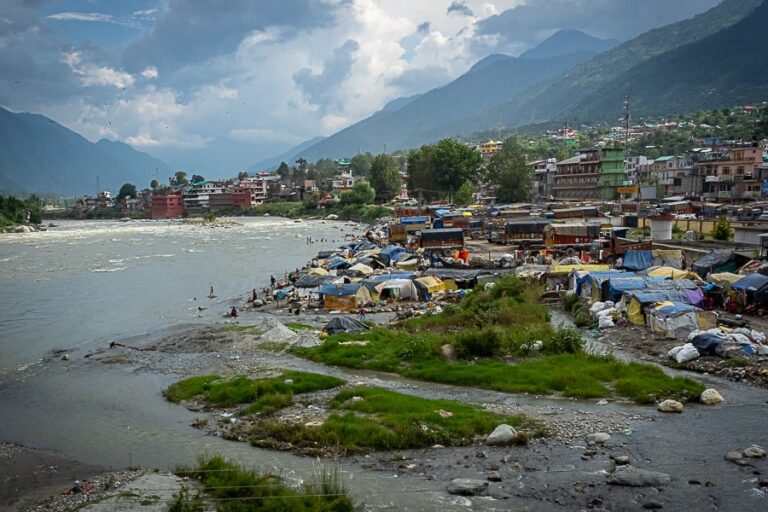
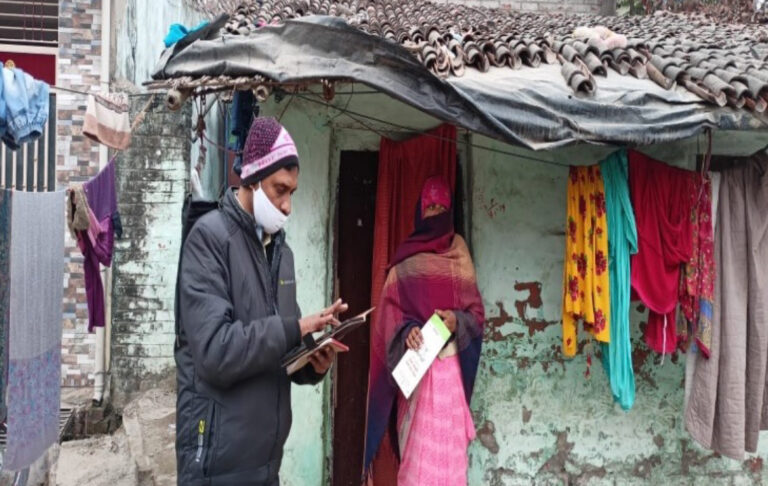
The ongoing COVID-19 pandemic slowed down the pace of implementation due to engagement of health staff in COVID-19 testing, tracking and vaccination activities
Microplanning is an important part of service delivery with weekly fixed and outreach session sites, house-to-house monitoring & feedback to local and district teams
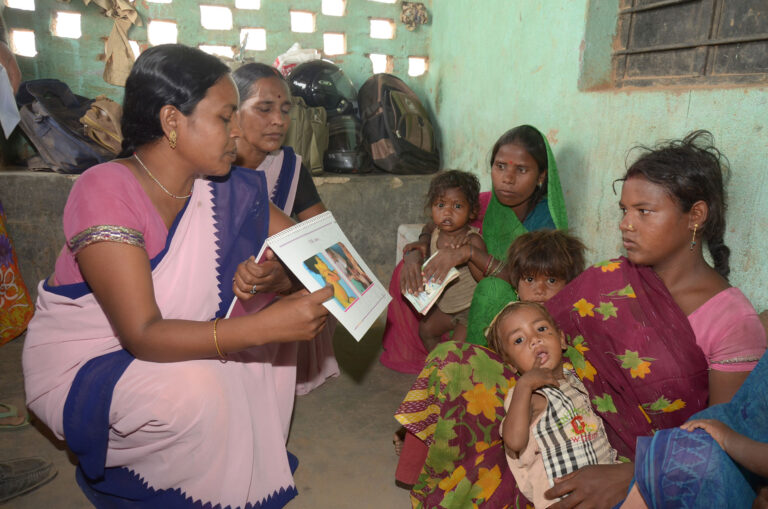
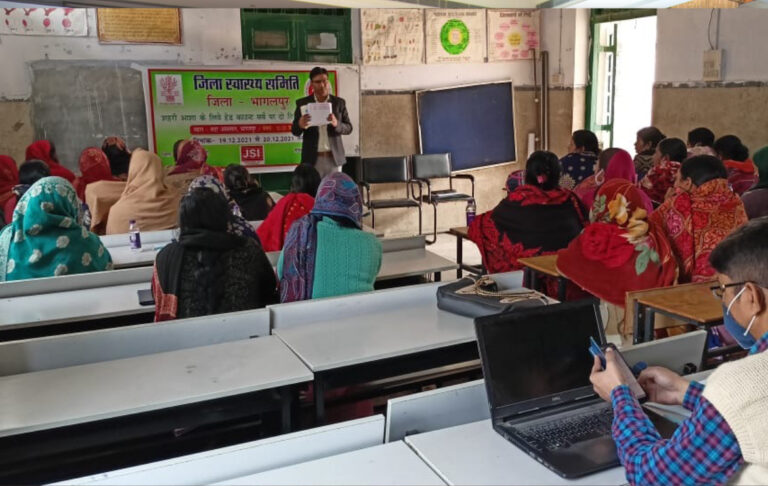
Human resource are key to quality immunization and by identifying training gaps a robust training schedule was planned in consultation with District/State officials. Due to COVID-19 these were delayed but are now being rolled out
Analyzing data collected from reviews and monitoring is helping frontline workers utilize feedback at urban primary health centers/district levels
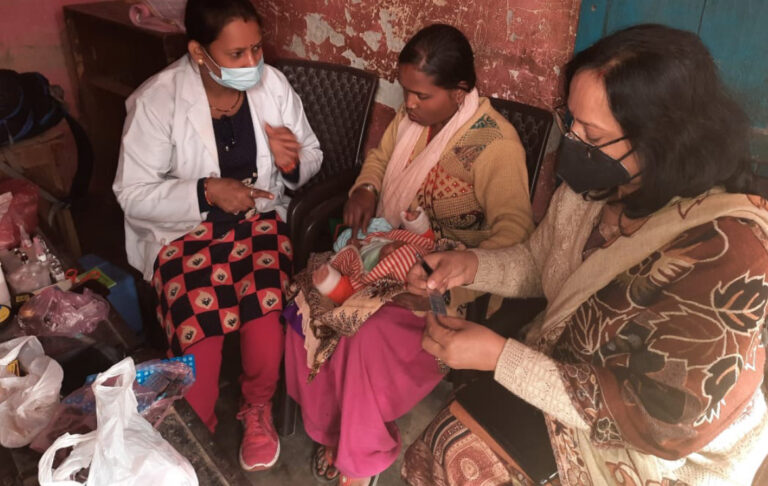
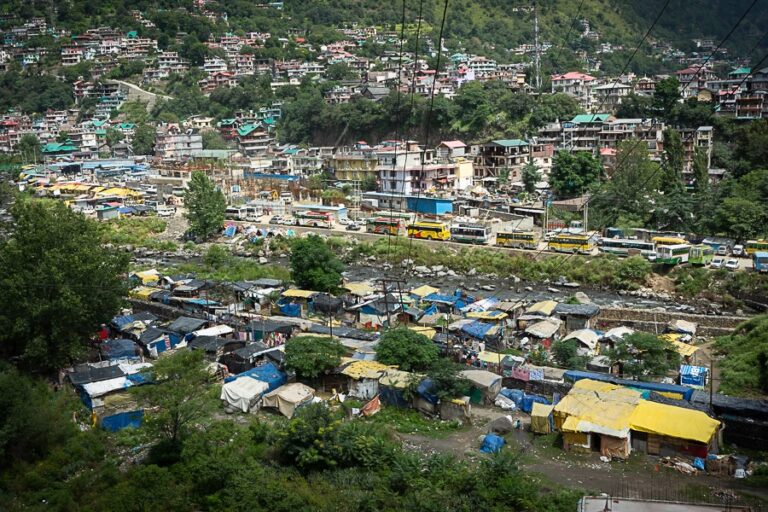
The project’s success lies in generating demand and ensuring widespread coverage of immunization amongst migrant and marginalized communities residing in urban slums

